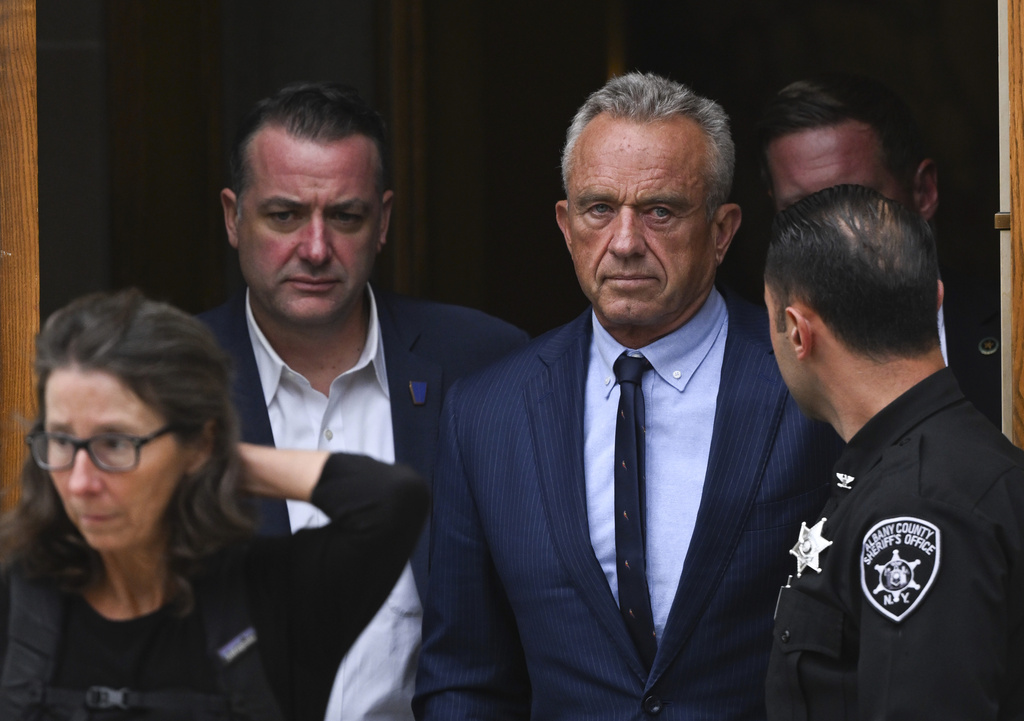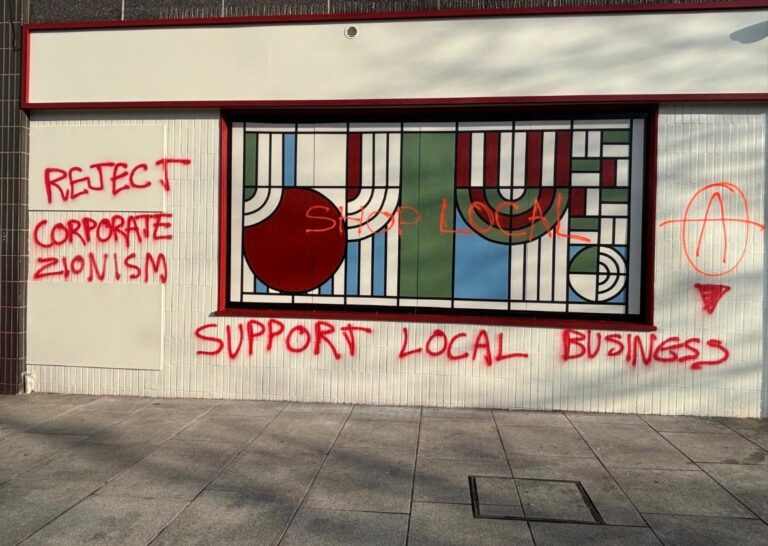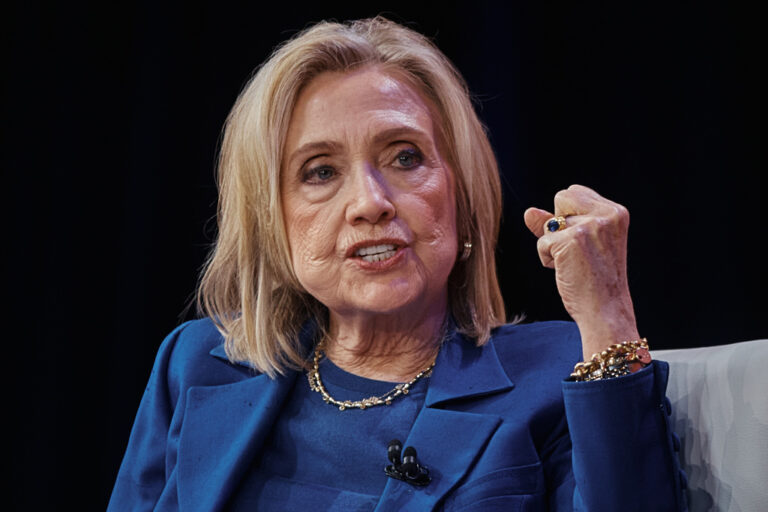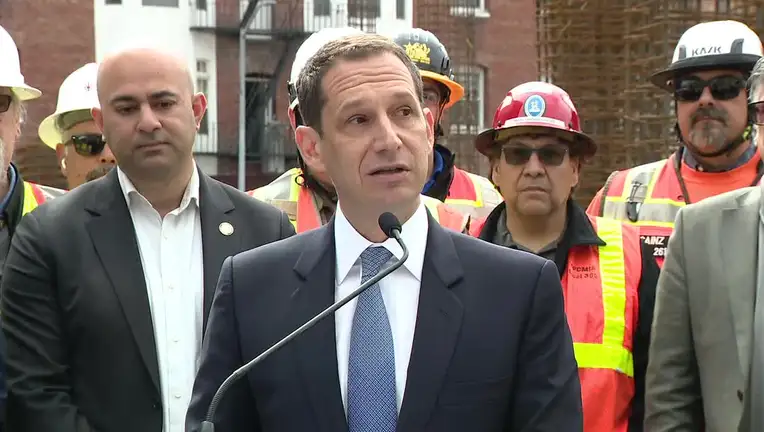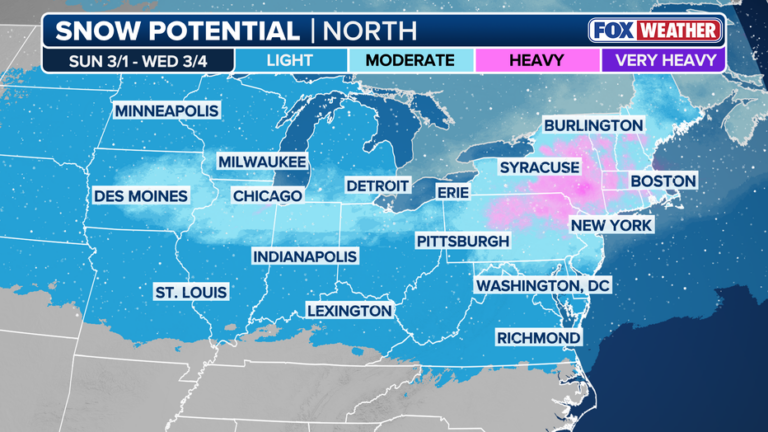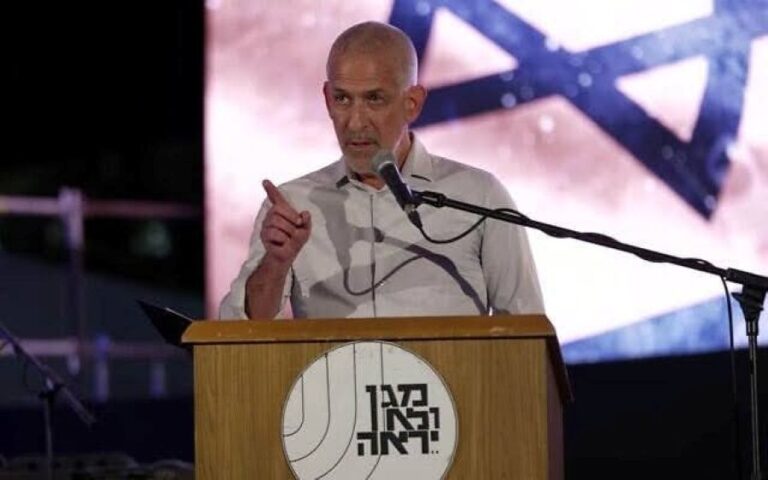Challengers seeking to throw Robert F. Kennedy Jr. off Georgia’s November ballot told a judge on Monday that the independent presidential candidate must be disqualified because the New York address he used on Georgia ballot access petitions is a “sham.”
It shows how a decision by a New York court last week finding Kennedy doesn’t live at the address in the New York City suburbs is being used to attack Kennedy’s ballot access in other states. The judge ruled Kennedy shouldn’t appear on New York ballots, but Kennedy is appealing.
In New York on Monday, a trial opened in suburban Long Island in another lawsuit challenging Kennedy’s place on the state’s presidential ballot in November.
In Georgia, challengers argue that because Kennedy used the New York address, his petitions should be voided.
“The court found, by clear and convincing evidence that petitioners had shown that his New York residence was a sham used for political purposes,” lawyer Adam Sparks said after a Monday hearing in Atlanta. “He doesn’t live there. He claimed to on each and every sheet of his petition here in Georgia. That’s improper. It invalidates the petition, full stop.”
But a lawyer for Kennedy presented Michael Malihi, an administrative law judge, with Kennedy’s voting history as evidence of his New York residency.
“Mr. Kennedy has been a lifelong resident of the state of New York,” lawyer Larry Otter said.
Otter said the challengers are improperly trying to impose additional qualifications on a presidential candidate beyond those in the U.S. Constitution — that a person be at least 35 years old, born in the United States, and live in the country at least 14 years.
Sparks also challenged Kennedy’s status as an independent. He argued that because Kennedy is running as the nominee of several parties in other states — including Kennedy’s own “We the People Party” — that Kennedy doesn’t qualify as an independent under Georgia law.
“They circumvent requirements for qualification in Georgia by gaming the system,” Sparks said.
Otter said the other parties aren’t present in Georgia.
Democrats are also challenging ballot places for independent candidate Cornel West, the Green Party, which has nominated Jill Stein, and the Party for Socialism and Liberation’s Claudia De la Cruz.
While none of those candidates are likely to win Georgia’s 16 electoral votes, independent and third-party candidates could tip Georgia’s balance away from Democratic Vice President Kamala Harris. Joe Biden won Georgia by fewer than 12,000 votes in 2020.
Georgia counties determined that Kennedy, West and De la Cruz each collected at least 7,500 signatures to qualify. Stein hopes to use a new Georgia law awarding a ballot place to candidates of a party that qualifies in at least 20 other states.
Malihi heard two challenges to Kennedy on Monday, as well as a challenge to De la Cruz. He’ll hear challenges Thursday to West and the Green Party. Malihi will issue findings to Georgia Secretary of State Brad Raffensperger, who will make a final ruling. A decision must be made before Georgia mails military and overseas ballots beginning Sept. 17.
Lawyers for Democrats argue each of De la Cruz’s and Kennedy’s 16 electors needed to file separate nomination petitions. Lawyers for the candidates disputed this interpretation Monday, saying it’s wrong to believe each campaign needs 120,000 signatures.
A lawyer for Democrats said the petitions have illegal formatting errors, and argued that just because Raffensperger’s office accepted them doesn’t mean they are legally sound. De la Cruz’s lawyer said the judge should defer to the agency’s interpretation
Estevan Hernandez, a Georgia volunteer for De la Cruz, criticized Democrats for challenging other candidates with technical arguments, saying it’s “an undemocratic maneuver.”
“One rich lawyer with the backing of the Democratic Party machine is trying to override the clear intent for these 15,000-plus people to have Claudia De la Cruz on the ballot,” Hernandez said after the hearing.
Georgia is one of more than a half-dozen states where challenges have been made by Democrats and allies to Kennedy’s petitions. Kennedy’s campaign says it has enough signatures for ballot access in all 50 states.
In the additional New York suit, plaintiffs backed by the Democratic National Committee argue nearly all of the more than 145,000 voter signatures collected by Kennedy’s campaign to qualify for the ballot are invalid.
They claim some signatures don’t properly list an address, are illegible or are signed by non-registered voters, among other issues. They also claim representatives for Kennedy’s campaign knowingly concealed the candidate’s name when soliciting signatures from voters.
Kennedy is expected to testify in the New York trial on Wednesday and possibly into Thursday. His vice presidential running mate, Nicole Shanahan, is expected to testify remotely.
In Pennsylvania, challengers contend Kennedy’s false address for nominating papers disregards state law. An attorney for Kennedy said the challenge contained specious allegations. A court will conduct a hearing Tuesday.
Clear Choice Action, a Democrat-aligned political action committee, said it was backing challenges to Kennedy and West in Georgia, as it has backed the lawsuits in New York and some other states. The two other challenges heard Monday were coordinated by the state Democratic Party.
“The truth of the matter is, I think people ought to play by the rules, and that’s important,” said Robert Wittenstein, a suburban Atlanta man who is one of the two people who filed the Clear Choice Action-backed challenges against Kennedy and West.
(AP)

